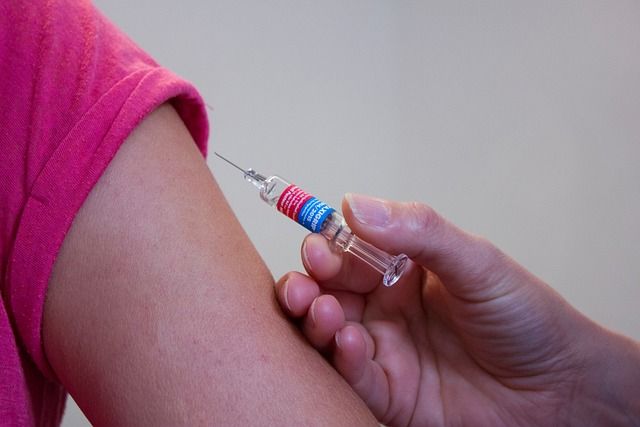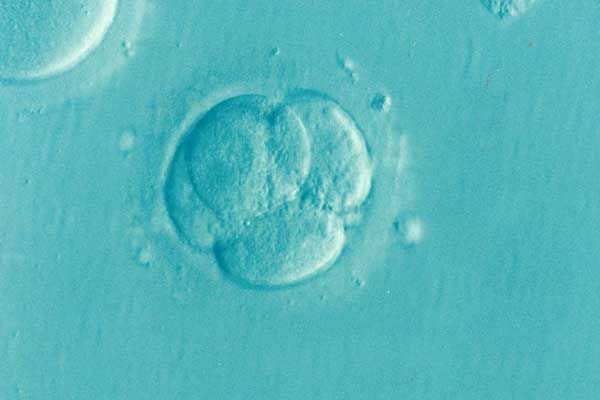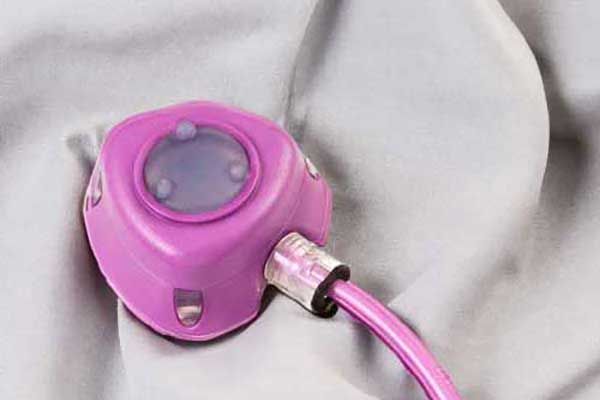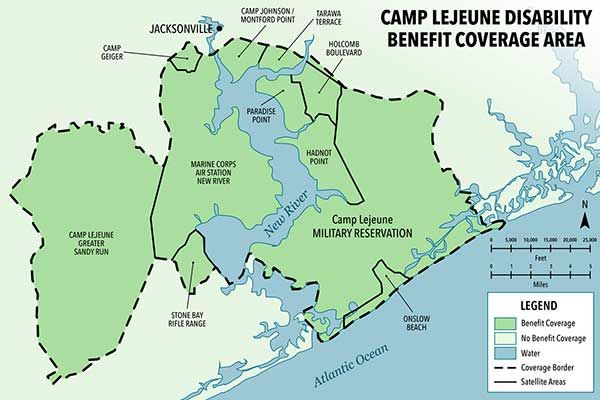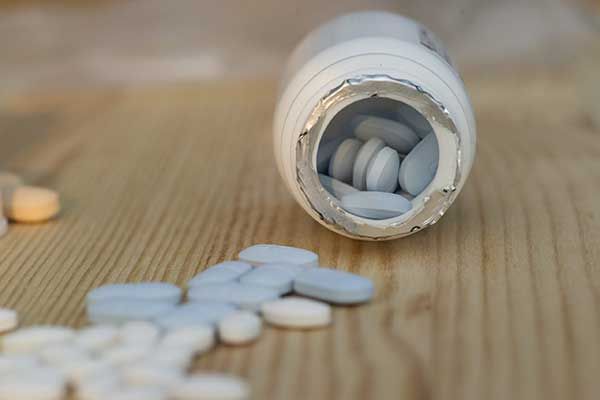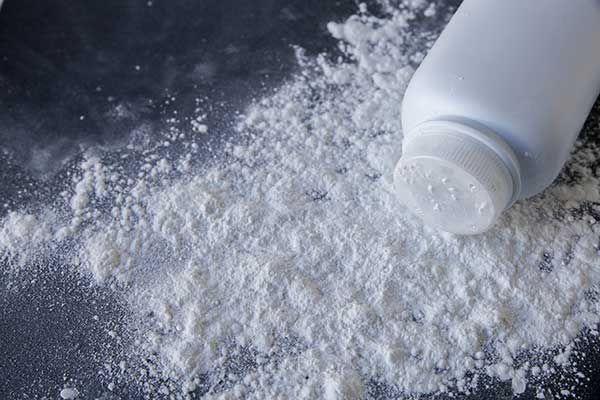

Camp Lejeune Vets Stationed Between 1975 and 1985 at Increased Risk for Eight Cancers, Study Finds
Federal study finds that those living at Camp Lejeune between 1975 and 1985 had higher risk for eight different cancers due to contaminated water, which veterans, civilians, and their families drank, bathed in, and cooked with daily.
A new study finds that certain Marine veterans and Navy personnel, their families, and civilians stationed at Camp Lejeune in North Carolina are at an increased risk for several types of cancers due to contaminated drinking water.
The agency analyzed records from over 211,000 people who served or lived at Camp Lejeune—the largest Marine base on the east coast. The study is one of the largest of its kind, where the Agency for Toxic Substances and Disease Registry (ATSDR) compared cancer rates among those living at Camp Lejeune to those living at Camp Pendleton in San Diego (where the water was not contaminated). The agency found that for those who served or lived at Camp Lejeune between 1975 and 1985, there was an increased risk for eight different cancers including some types of leukemia and lymphoma, cancers of the lung, breast, larynx, esophagus, thyroid, and soft tissues. The study also concluded that civilian workers on Camp Lejeune during that time had a higher risk of developing blood and bone marrow cancers and some breast and lung cancers.
For 35 years—between 1953 and 1987—nearly one million military service members, civilian workers, and their families lived on base, unknowingly drinking and bathing in water that was contaminated with toxins. These toxins included:
- Oil, petrol and industrial wastewater. Oil, petrol, industrial wastewater, and toxic chemicals (such as degreasers and solvents) were knowingly dumped into local storm drains by the U.S. government.
- Fuel. Buried fuel tanks leaked into the drinking water supply.
- Other chemicals. Other chemicals flowed to the facility from an off-base dry-cleaning company, along with industrial solvents used nearby to clean military equipment.
Marines may have been exposed to higher levels of these toxins, as their rigorous daily training necessitated drinking more water to stay hydrated.
Experts found that the drinking water tested at a Camp Lejeune well was some of the most highly contaminated ever seen in the U.S. An assessment by the ATSDR found the levels of certain chemicals in the tainted water were high enough to increase the risks of cancer and other serious illnesses, including young children and pregnant women. Along with many other toxic substances, volatile organic compounds (VOCs) were detected in Camp Lejeune’s drinking water, including benzene, tetrachloroethylene (perchloroethylene or PCE), trichloroethylene (TCE), and vinyl chloride (VC).
Contact Our Attorneys if You or a Loved One Were Injured by Camp Lejeune Contaminated Water
If you lived or worked at Camp Lejeune in North Carolina between 1953 and 1987 and believe your cancer or other serious injury was caused by water contamination, call us today. Grant & Eisenhofer P.A. attorneys can evaluate your potential claim with you during a completely free consultation.

